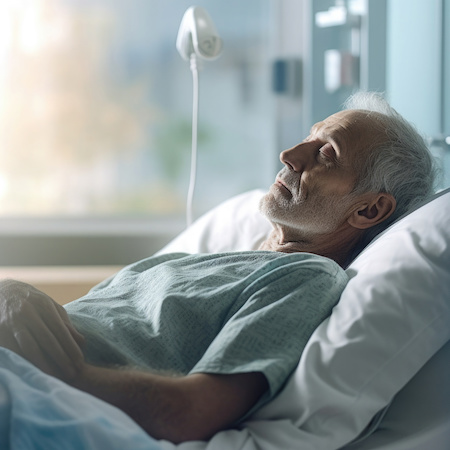In its latest review of dementia care in the UK’s general hospitals, the National Audit of Dementia (NAD) recommends that each Trust or Health Board has a nominated Board member responsible for dementia, in addition to the clinical lead. Among the responsibilities of this role would be to develop action plans based on areas identified for improvement in care and the patient experience. This would include ensuring that personal information about care preferences and needs has been gathered and is available at the bedside, and that the healthcare environment is regularly reviewed against ‘Dementia Friendly’ criteria, using a standardised tool, such as the King’s Fund’s Enhancing the Healing Environment, or PLACE.
The data underpinning this report reveals that 36% of hospitals that responded have completed a ‘Dementia Friendly’ Environment Review throughout the hospital. A further 15% have completed reviews on all adult wards and 39% have completed reviews in some wards. The status of the remaining 11% was either not known, or a review has not taken place. However, the review also found that a relatively small percentage of hospitals (12%) have completed the changes that were identified as being necessary.
Carer feedback criticised the environment for being too noisy and bright, whilst ward staff were praised for their efforts to mitigate this and provide a safe, comfortable and calm environment.
The NAD reiterates the guidance of Enhancing the Healing Environment, that relatively simple and cost-effective changes to the physical environment of care have positive effects on patients with dementia as well as those working in the hospital. These include reducing agitation and distress and raising staff morale.
The NAD review also found that the dementia wards in most hospitals offer finger food (90%) and have snacks available as a meal replacement or a supplement at any time (95%), but carers report there could be more assistance provided to patients to support eating and drinking.
Other areas commented on in this review include a recommendation that any member of staff involved in the direct care of people with dementia should have Tier 2 dementia training and that hospital systems are needed to improve identification of people with dementia on admittance to hospital and the reporting of patients affected by falls, delayed discharges, readmissions, pressure ulcers and incidents of violence/aggression, to enable accurate figures to be supplied the NHS England Emergency Dashboard and other national dashboards.











